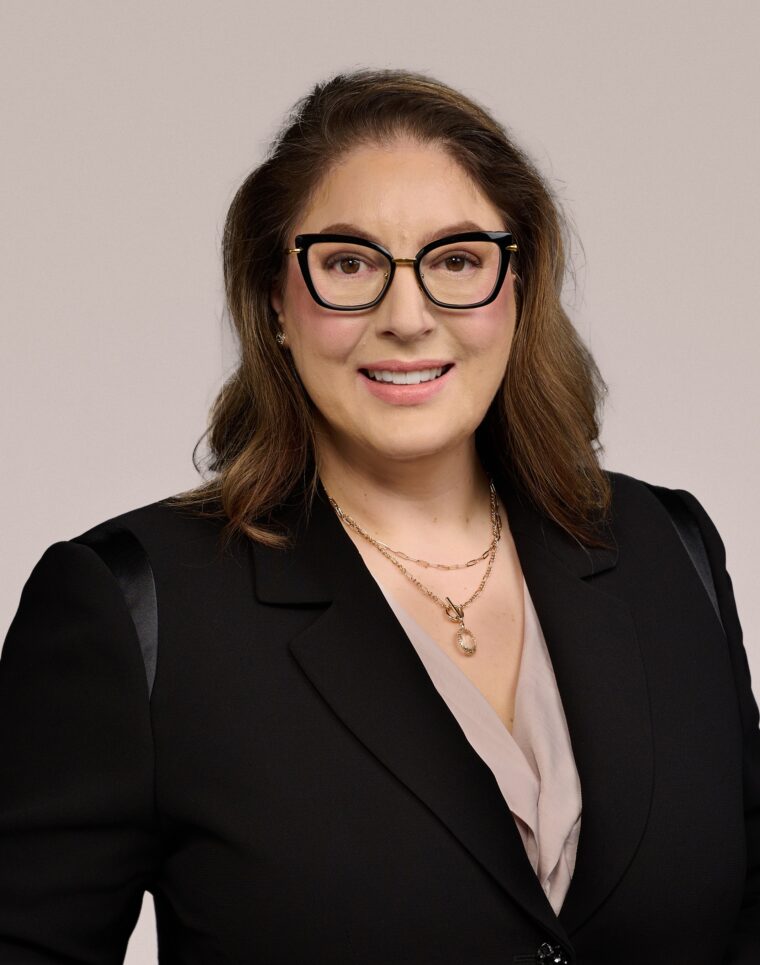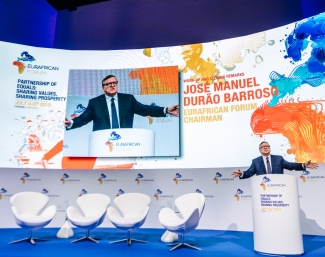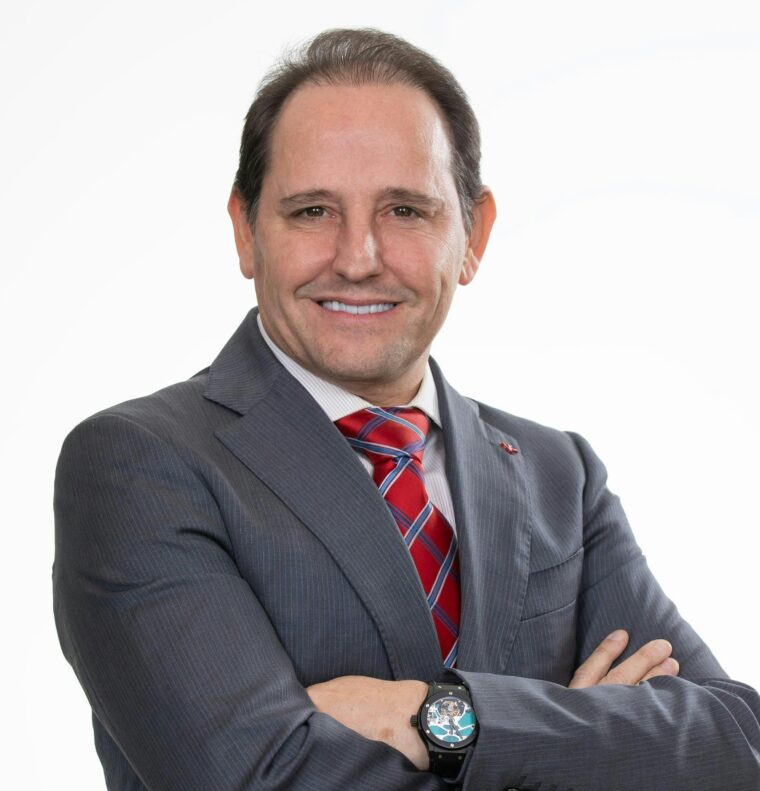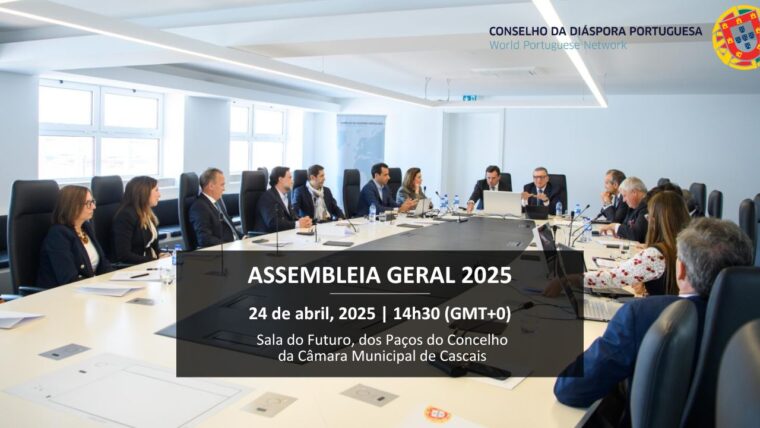Filipe Nyusi went straight and said “we need accommodation”. “We do not need much food, but more of the seed. The fisherman needs a hook, he does not need the fish. ” The event had the High Sponsorship of the Presidency of the Republic, and Marcelo Rebelo de Sousa was not absent. The President stated that “there is now an expectation regarding the new cycle in Mozambique. Portuguese companies are very committed to investing in Mozambique – sea, energy, tourism, infrastructure “. The Portuguese Foreign Minister underlined that Europe has a problem of demographic deficit and Africa will triple its population throughout this century. “There is a demographic complementarity between Europe and Africa,” concluded Augusto Santos Silva. But this relationship, he argued, “can only be activated through regulated, safe and regular migrations.” What should Europe’s relationship with Africa be like? It should be a “less asymmetric relationship, more investment than aid.”
António Vitorino, the director general of the International Organization for Migration (IOM), said that “migration can contribute to the development of countries of origin and destination.” He said that “migration policy is a priority for the African Union: 80% of the Africans who migrate do it within the African countries. Out of Africa they go 20%, mainly to Europe “.
António Guterres, Secretary-General of the United Nations, left a video message highlighting the contribution of the migrants, who “can bring benefits to the countries of origin and destination.” He also said that the United Nations continues to deepen partnerships and work together with Africa that “could lead the way in investment and innovation.”
Koen Doens of the European Commission’s Directorate General for Cooperation and International Development said that “a new partnership model between Europe and Africa is emerging.” Collaboration is based on sharing of value and building prosperity. “The private sector is now the leading actor in Africa,” he said.
Kim Kreilgaard, the head of the European Investment Bank (EIB) in Portugal, explained that the European Investment Fund (EIF), owned by the EIB, has a project-driven program in Africa to “finance venture capital funds” and help build risk capital ecosystems in Africa. “We want to attract investors to create the right teams and support the startups.”







